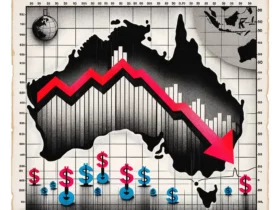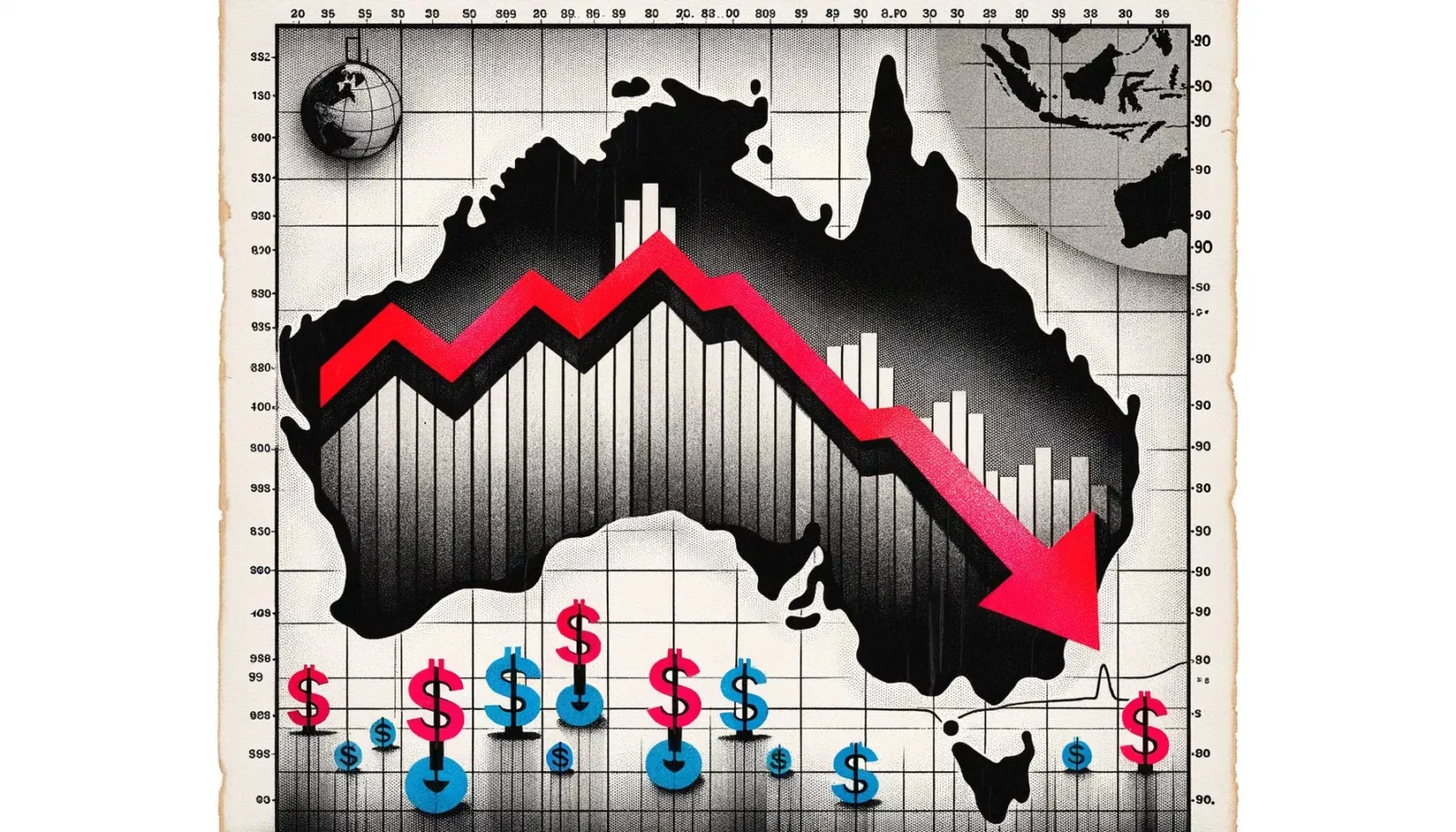What’s Going On?
In May, Australian business conditions weakened, falling below their long-term average, as reported by the latest National Australia Bank (NAB) survey. Sales and profit growth slowed during this period.
What Does This Mean?
The NAB survey’s business conditions index dropped by 1 point to +6, slightly below its long-term average, primarily due to declines in sales and profit indices. However, there was a positive aspect as employment conditions improved. Business confidence took a significant hit, decreasing by 5 points to -3, indicating mixed sentiments in the market. Alan Oster, NAB’s Chief Economist, highlighted conflicting signals for the Reserve Bank of Australia (RBA), expressing concerns about growth and inflation. Despite these challenges, the RBA has maintained interest rates at 4.35% for the fourth consecutive meeting, closely monitoring inflation risks.
Why Should I Care?
For Markets: Navigating Uncertainty
Financial markets anticipate that current interest rates will remain unchanged for an extended period, with the first rate cut not expected until July next year. Persistent cost pressures from increasing retail prices, labor expenses, and purchasing costs in May contribute to financial strain, prompting investors to proceed cautiously.
The Bigger Picture: Balancing Act for Australia
The NAB survey reflects a gradual and uneven inflation scenario, presenting a challenge for the RBA in steering the economy. Cost pressures and declining business confidence complicate the task of balancing inflation control with fostering growth. Given this economic landscape, the RBA is adopting a cautious approach by maintaining stable interest rates for the time being.











Leave a Reply